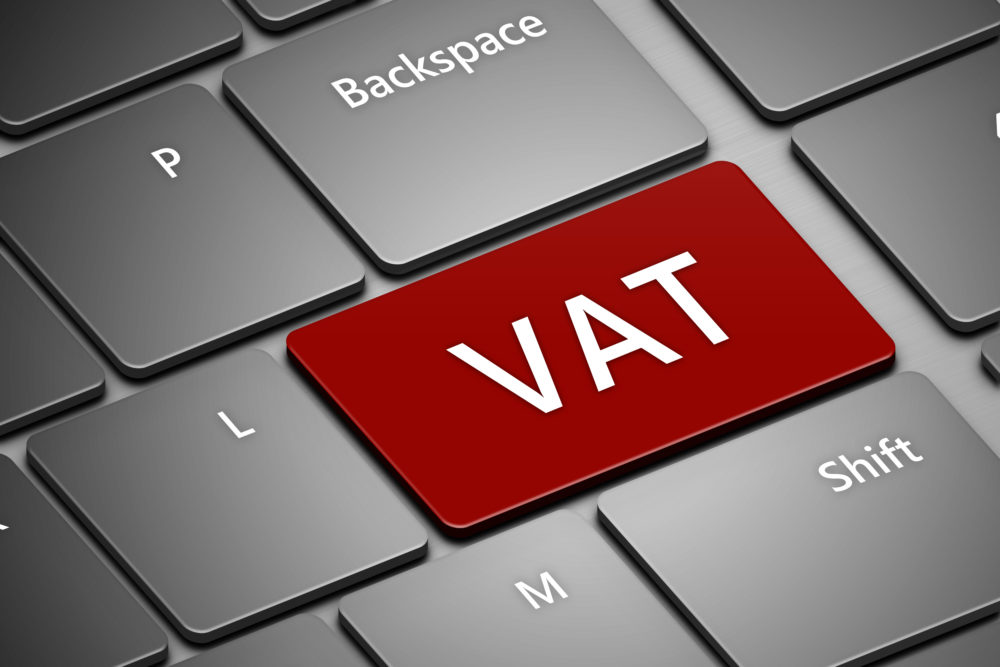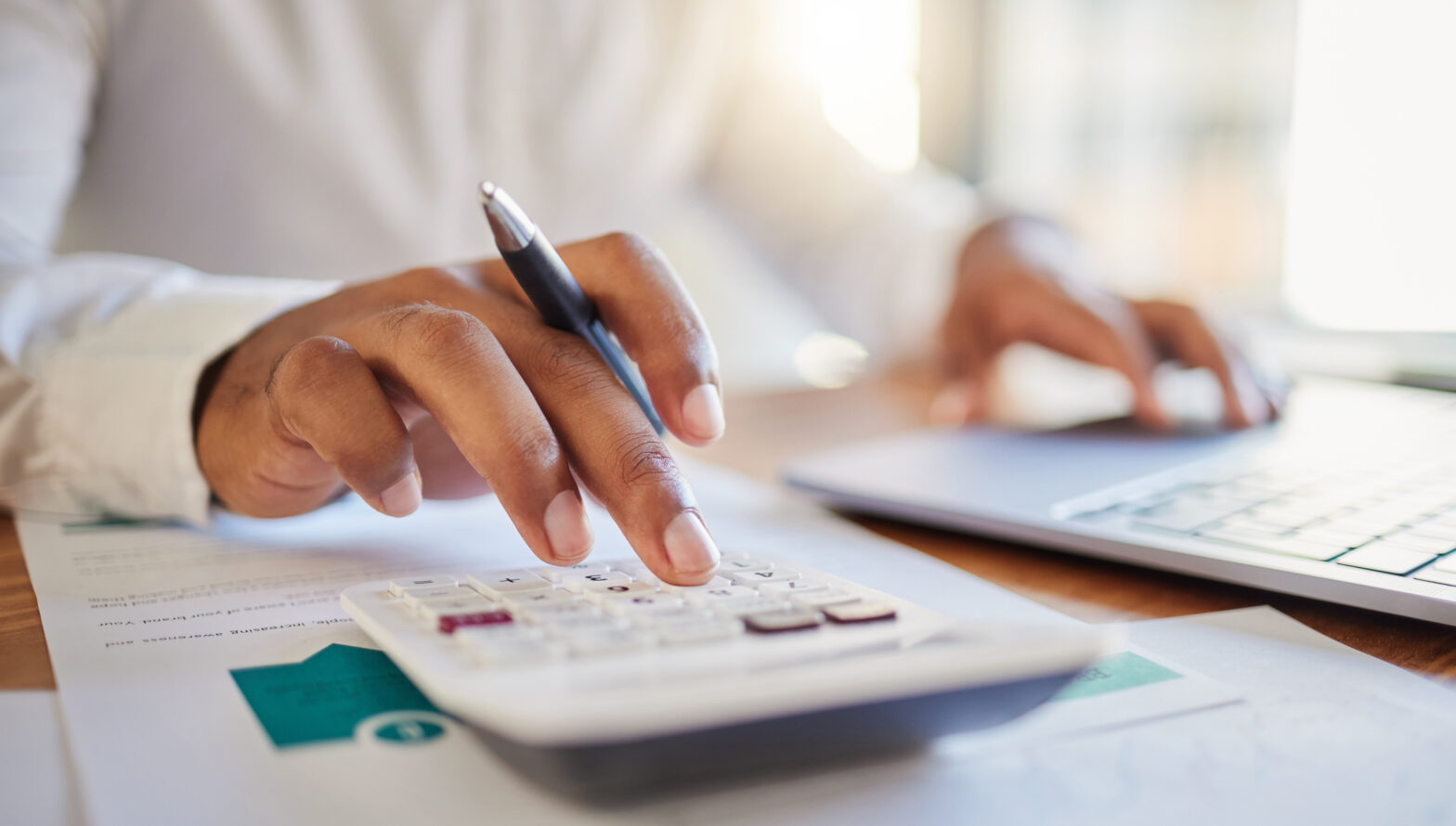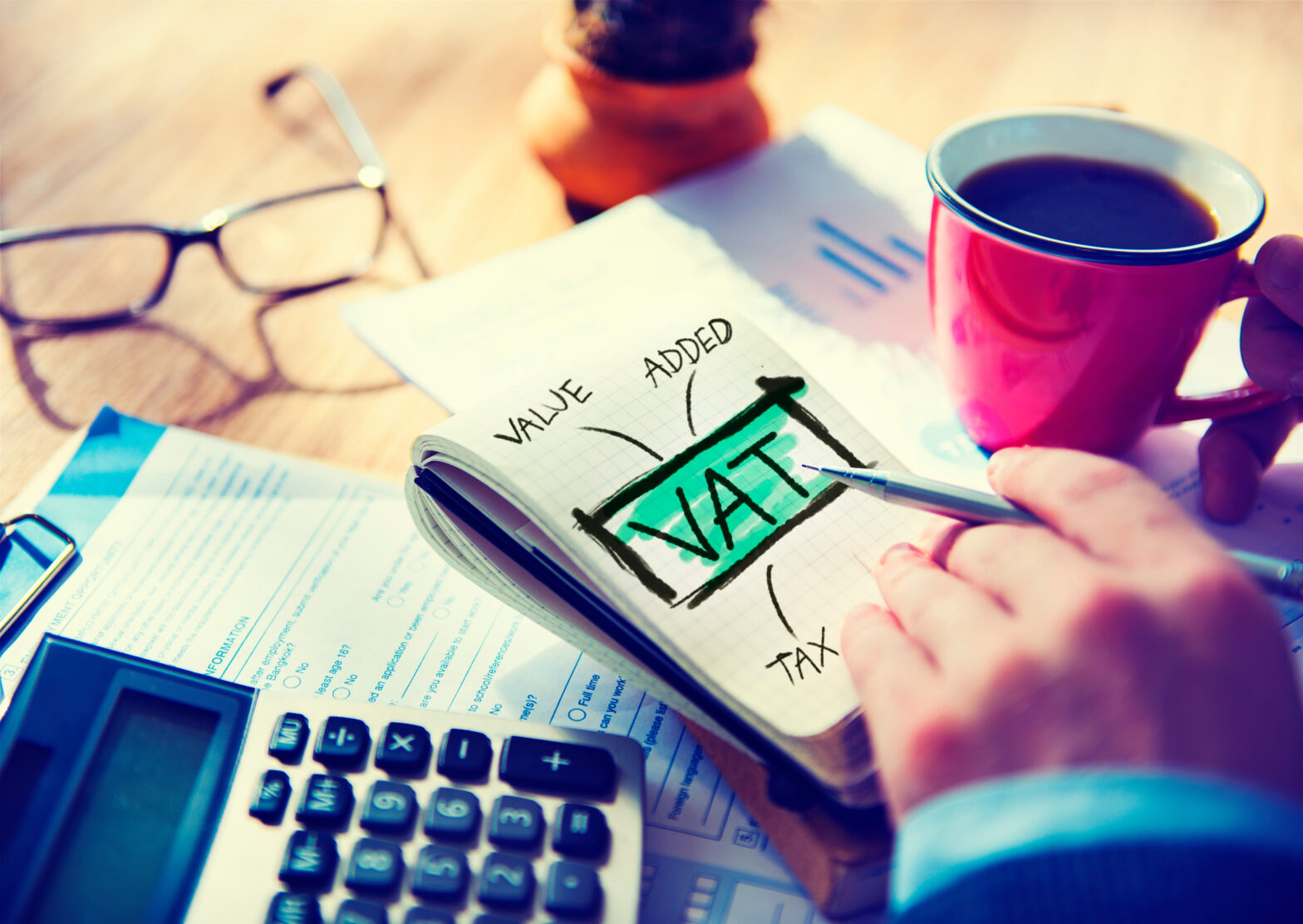Question: I registered for VAT voluntarily when setting up my business and would like to de-register as it is highly unlikely my turnover will exceed the current VAT threshold of £85,000.
I have stock at the moment of around £3,500 in cost value. What are the implications of this?
Answer: Simon Paterson, partner at accountancy firm RJP LLP
The current VAT de-registration threshold is £83,000 and it is possible to ask for a voluntary deregistration if any of the following scenarios occur:
You can satisfy HMRC that your taxable turnover in the next 12 months will not exceed the deregistration limit; and/or
you close down part of your business and can satisfy HMRC that your taxable turnover for the remainder will not exceed the de-registration threshold.
What are the implications of deregistering?
De-registering for VAT does have implications which you should be aware of; the most immediately significant for business owners being the potential for a high final VAT bill.
These are some of the main things to be aware of:
You may have to account for VAT on the value of certain business assets and stock on hand at the time of deregistration. You would not have to account for VAT if the value of these assets and stock is £1,000 or less. However, as you have indicated you are holding stock worth over £3,000, this exemption would not apply.
Assets such as tangible goods (eg unsold stock, plant, furniture, commercial vehicles, computers) should be included in the de-registration valuation if you claimed the VAT back when you purchased them.
You would not have to include intangible assets like patents, copyrights and goodwill. You also do not have to account for VAT on items that VAT was not reclaimed on.
Depending on the circumstances, the value of land and property may have to be included when calculating how much VAT is payable on stock and assets on hand at the time of deregistration.
For example, if you have standard rated property on hand (standard rated property is defined as commercial property that is either opted to tax or less than three years old) and you have re-claimed VAT on the property at some point in the past, de-registration may create a large VAT bill. If it does, HMRC allow you to keep the VAT registration open.
It is very common for business owners to get caught out by this and unknowingly create a large VAT bill for themselves. If in doubt it is always best to take advice as VAT calculations can be complex and confusing.
Deregistration also brings any remaining capital goods scheme calculations to fruition on the final VAT return so again, this can create a big VAT bill.
This applies when certain items, including for example, land and property, computer equipment and yachts and aircraft, have been purchased within certain timeframes during the VAT registration period and VAT has been recovered on them.
For example, if you have reclaimed VAT on a property purchase of £250,000 or more within ten years of deregistration, then depending on the circumstances, you may have to repay some of the VAT that was originally claimed. Again, these rules can be complex, and people get caught out, so it is worth taking specific advice if you are unsure.
Once deregistered it is possible to still reclaim the input tax and bad debt relief, provided it relates to the business during the period when it was still VAT registered.
It is worth noting that HMRC reserve the right to charge a financial penalty if you fail to inform them of deregistration at the right time. They say, ‘If you do not let HMRC know about any changes affecting your registration details including ceasing to trade and requiring deregistration within 30 days of them happening, you may become liable to a financial penalty.’





